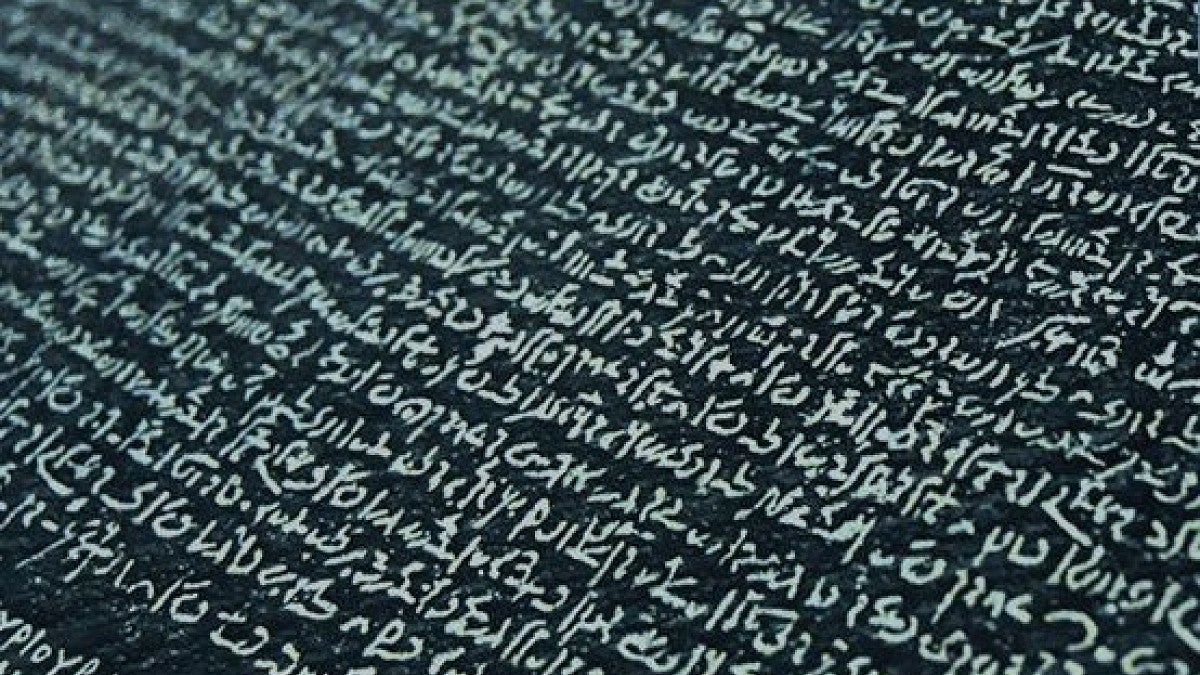Explore Our Doctoral Program
Comparative literature at Oregon boasts the oldest doctoral program on the West Coast. Since its founding in 1962, our graduate program has retained a sense of its traditional grounding while also adapting to a constantly evolving field.
Every student in comparative literature is unique, and our doctoral program emphasizes robust and personalized advising to put you in dialogue with our faculty at each stage of your graduate career—from your coursework to your exams, dissertation and eventual employment.

Doctorate Degree in Comparative Literature
As a department, we are committed to working closely and individually with each of our students, and our multi-year advising structure is in place to guide you through coursework and to prepare you for an academic career. Once admitted, you already begin to tailor your program of study to your research interest and to your mastery of at least two national literary traditions. Four foundation courses taken during the first and second years help to establish a cohort among our students and a common critical reflexivity. And as you go on to pursue courses in national languages and literatures, we remain in conversation to help you generate connections between your three fields.
Oregon’s Department of Comparative Literature is known for the humane environment it cultivates—a community conducive to interdisciplinarity, cooperation, and experimentation.
Funding your Graduate Studies
Want to learn more about funding options for graduate students in the Department of Comparative Literature? Explore opportunities for funding your graduate studies.
Prepare for the Professional World
A graduate degree from the Department of Comparative Literature opens the door to exciting job possibilities. Discover resources to help you prepare for your chosen career path.

